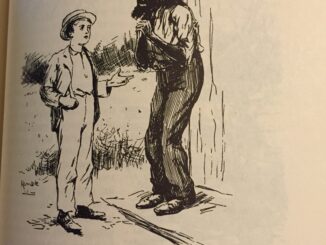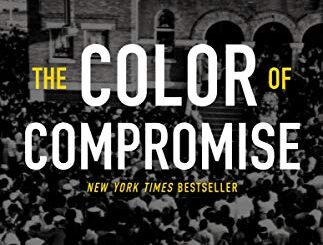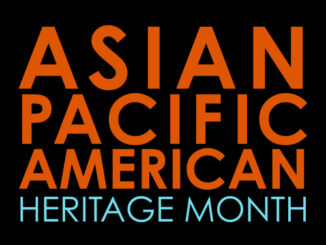
Following on from the concept of ‘Ancestral baggage’, (Mckenzie-Mavinga 2009) I have introduced the concept of ‘recognition trauma’ Mckenzie-Mavinga (2005). This concept identifies the process that both black and white people go through when emerging from being silenced about racism. It describes the awakening of hurtful experiences, that sometimes evokes feelings of guilt, shame, hurt and anger. Symptoms of recognition trauma emanate in a similar way to the awakening of powerful feelings related to the impact of sexism and heterosexism. Helms (cited in Tuckwell 2002) racial identity model incorporates the people of colour ego status theory which is useful in understanding this phase. Helm’s model proposes that the white ego status goes through a period of immersion/emersion, where a search for the meaning of racism and re-definition of whiteness may occur. On the other hand the immersion/emersion ego status for people of colour may create an idealization of one’s socio-racial group and a denigration of what may be perceived as white. This multiculturalists starting point is important in that it reminds us that racism has been systematic and this is where links can be made from past to present using the concept of ancestral baggage.
I believe that it is possible to work through a phase of recognition trauma and unlock embedded feelings of the victim or oppressor. The individual comes through a process of emergence and finds their normality in relation to their racial identity the painful experiences.If the impact of racism and recognition trauma are not understood and worked through, depression or a situation of internalized oppression (A negative, usually unconscious acting out or acting towards self, in ways that can be emotionally harmful and distort identity) may occur. In its extreme this can be seen in skin bleaching and skin scraping caused by a wish to suppress identity and be white).
When traumatic experiences occur as a response to racism and prejudice it is not easy to remain aware that both oppressor and victim may be hurting. In counselling situations this awareness may support both counsellor and client. When working through my own awareness of these roles I try to remember that we cannot change the past where we may have learned the role of victim or oppressor, but we do have a choice about influencing the future.
In an interview with Ragina, Indian Hindu Female therapist she recognises the missing bits in counsellor training
“I felt that there was no didactic teaching of any theories to address the issue of diversity and difference in counseling. I was aware that our training was not readily applicable to people from my culture and therefore my work with Asian people would have to be carefully considered keeping the appropriate values in focus. We had a black support group, which was very helpful. We took our insights back to the main group. I don’t feel that I learnt a lot of theory regarding black issues when I was training”. Ragina tells how the black participants on her training program have mainly supported her experiences of working with black issues. Kareem (in Kareem and Littlewood, 1994) draws on an important parallel to this dilemma in his discussion on racism in therapy and the societal transference. He says that
‘Most black people would admit that the most traumatic feature in their personal lives is to be black in a white society’. He continues ‘I believe that it is the responsibility of the therapist, from the very outset, to facilitate the expression of any negative transference which is based on historical context, and not leave the onus on the patient’. (P12)This should also apply to training situations where students may be left to find their own methods of enlightenment on diversity issues and the impact of racism.
In summary it is important that therapists and trainers enter the cultural and historical frameworks of individual’s lives to assist their process through recognition trauma.
Unless otherwise stated, PONIREVO and/or its licensors DO NOT own any intellectual property rights in the website and material on the website. Majority of the site’s content has been scraped and auto posted by a third party artificial intelligence program —– PONIREVO Creation Team.
Proudly WWW.PONIREVO.COM



